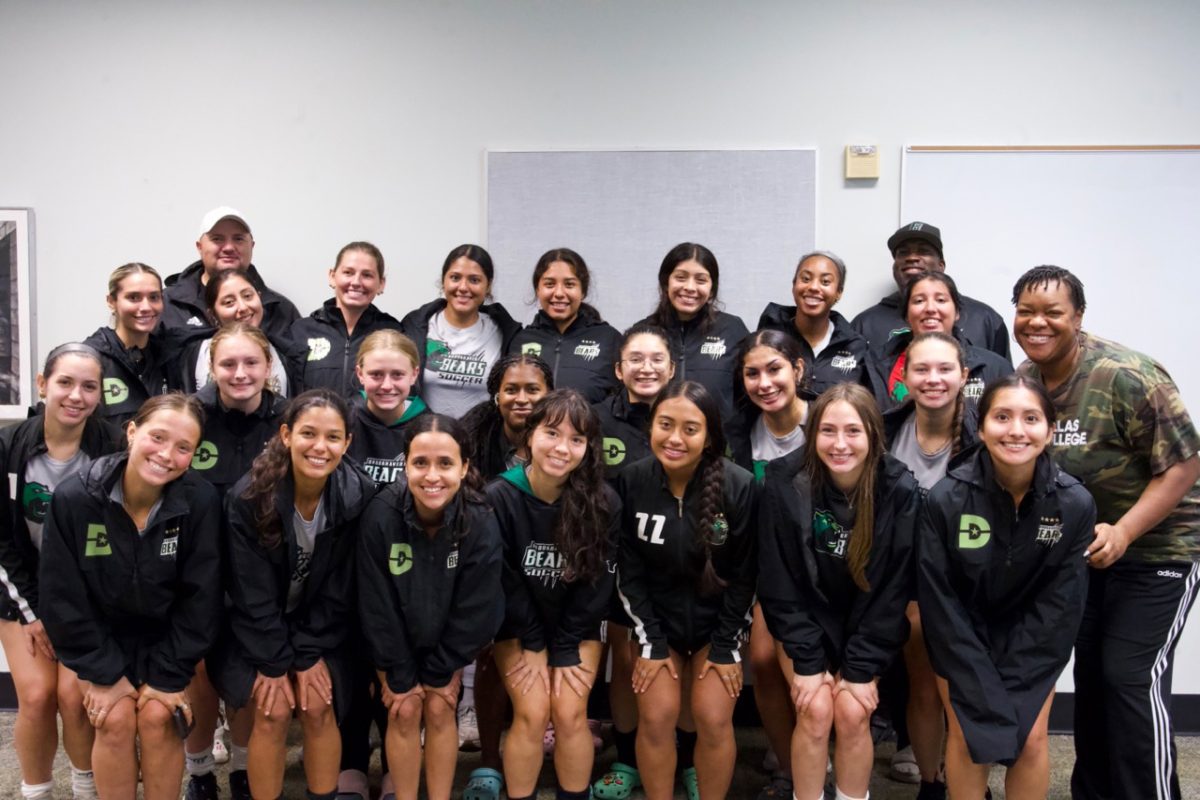Last year, I introduced my girlfriend to the NHL, and one of the very first things she noticed was that on the broadcasts, no matter what service you watch the games on, there are a lot of sports gambling ads. She’s right, gambling ads are more prolific now than they have ever been. America (and by extension Canada) has a sports gambling problem.
A study by the University of Bristol and Canadian Broadcasting Corporation News looked at seven NHL and NBA games in October 2023. They revealed that over a fifth (21.6%) of the broadcast had either a gambling logo visible on screen, or direct references to gambling – and 93.9% of the advertisements were clearly visible on the playing surface itself. Worst of all, only 3% of this advertising airtime referenced harm-reduction or age restriction measures.
This study didn’t even consider the ad breaks run on the broadcast. It seems that every ad break features at least one of a myriad of different, frequently repeated, sports betting markets. These ads are oppressive to viewers and clearly marketed toward youths. DraftKings, PrizePicks, ESPN Bet, FanDuel, Caesar’s, Bet MGM and more describe parlays and other betting options as “easy money.” They claim that all you need to do to win big is just know about the sport and put a little money down.
The problem is that the odds will always be stacked against you. No matter how well you know the sport, teams and players, sports are unpredictable. There is a reason that these companies offer such high rewards for a seemingly low risk. Those small bets stack up fast, and many people have found themselves out big on hundreds of lost small bets.
Stake is a company that advertises itself as an online casino, but far more people know it for its prevalence on social media for often violating platforms’ rules around gambling advertising by simply placing their logo on viral videos without disclosing that they are advertisements and paying smaller accounts to repost and spread them. In doing this, they clearly violate the Federal Trade Commission’s endorsement guides, which clearly state that all affiliate advertisements must be clearly indicated to be advertisements.
This willingness to skirt regulation is an alarming pattern, but far more so is the prevalence of advertising directed to young adults. Companies like UnderDog Fantasy and DraftKings partner with sports content creators whose audiences are prevalently young adults.
One interesting comparison is the idea of comparing these advertisements to smoking. If a cigarette company advertised itself as being a gateway to eternal happiness, it would be immediately called out. Meanwhile, gambling ads depict themselves as a path to easy, quick money. Gambling and smoking have been shown to have similar addictive rates, and both often have adverse effects on their abusers’ lives. While smokers are roughly 15-times more likely to develop cancer, gambling is associated with a 15-fold increase in risk of suicide. Unlike smoking, gambling is often a considerable drain on its player’s finances.
In 2023, America’s Debt Help Organization reported that the average gambling addict is between $15,000-90,000 in debt.
Circling back to the 3% of sports broadcast airtime dedicated to the age restriction and potential harm-reduction. A new generation of young people are losing money on sports gambling. According to a 2023 study conducted by the NCAA, it was revealed that 58% of participants aged 18-22 years old had engaged in sports gambling, while the average participant was losing between $10 and $300 per day.
Gen Z and Gen Alpha are growing up in an age that our lawmakers do not yet understand. This problem will worsen if no action is taken. A 15-fold increase in suicides, alongside the generation’s already historic rates of mental health issues and addiction, are only likely to compound on each other.








